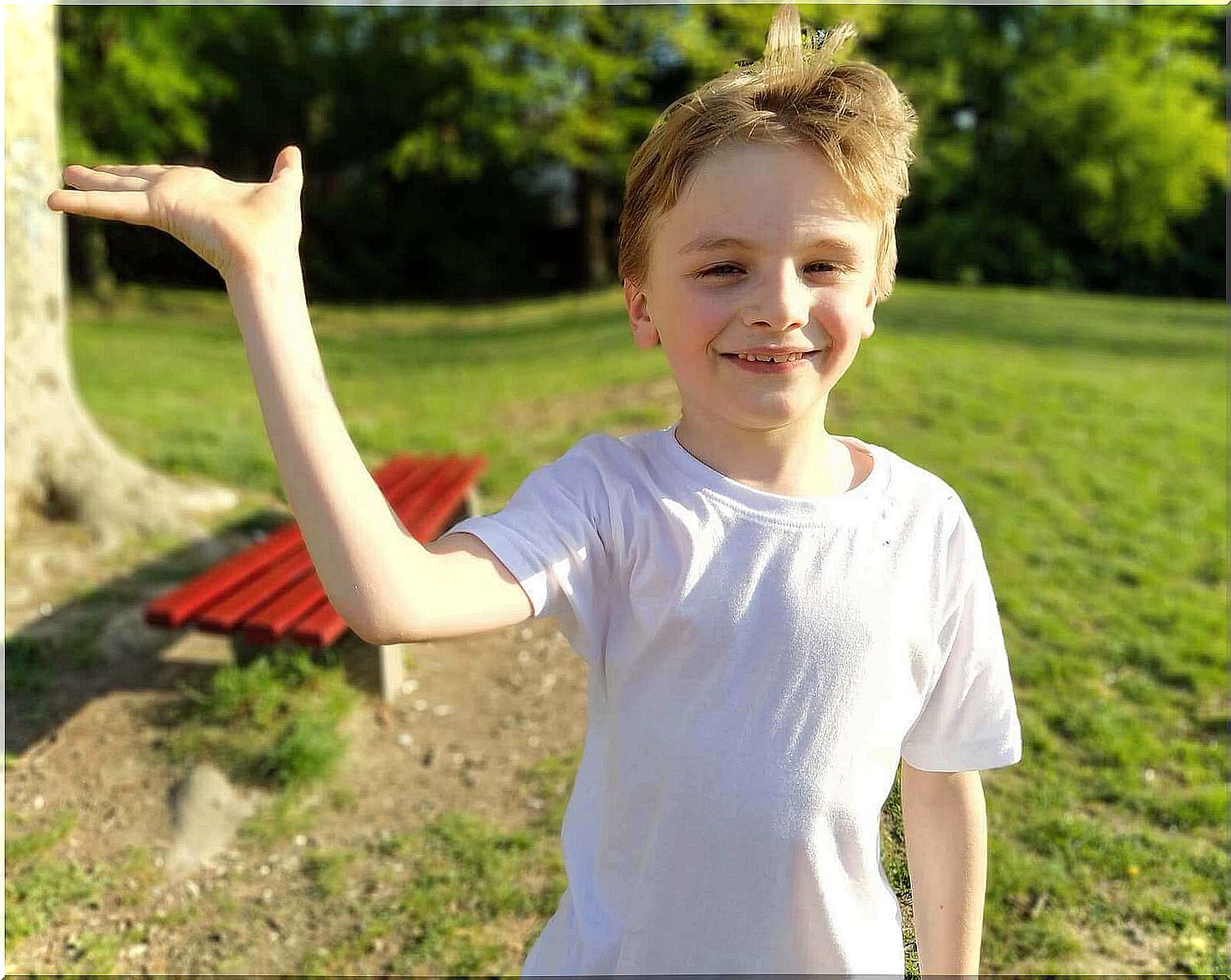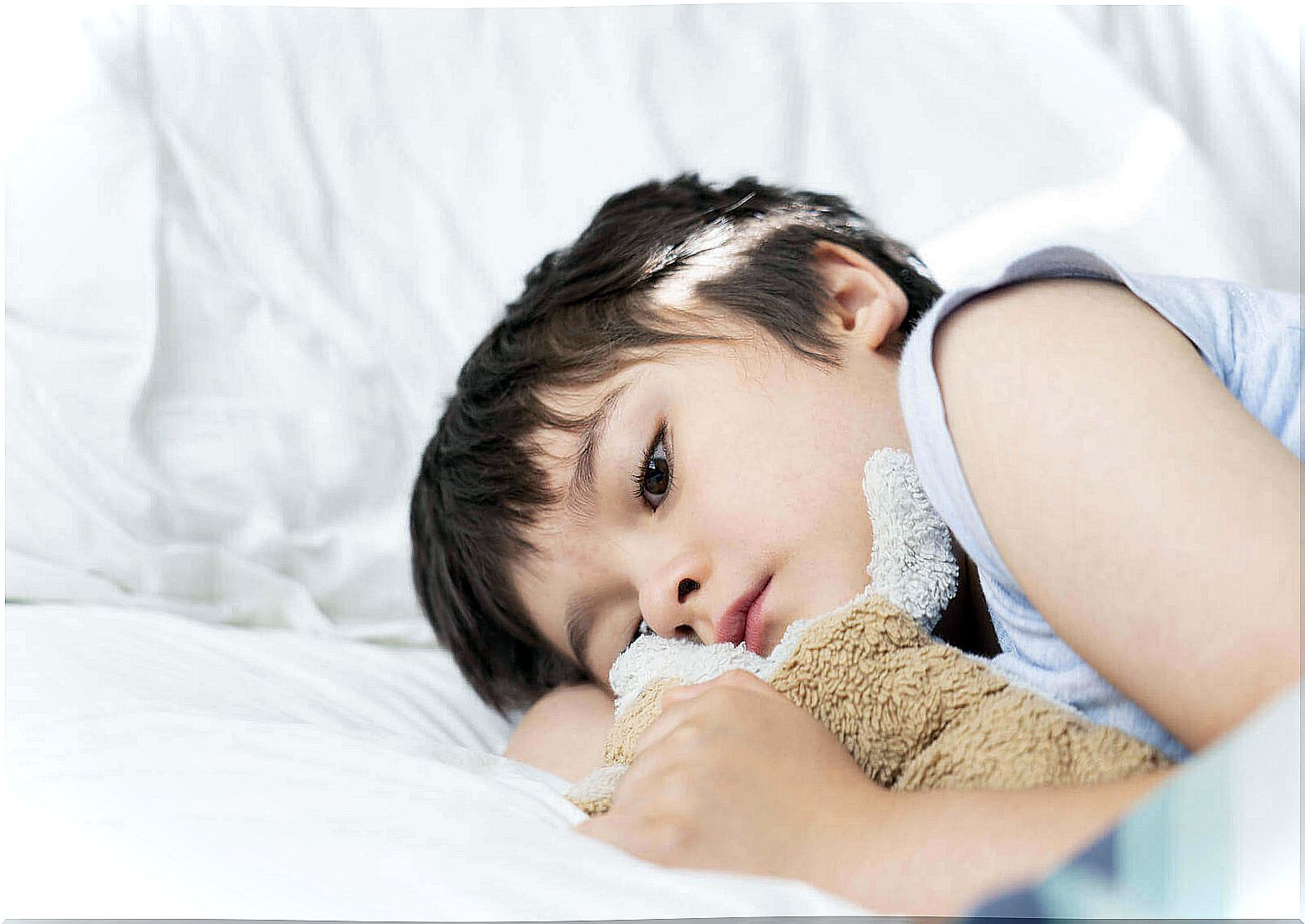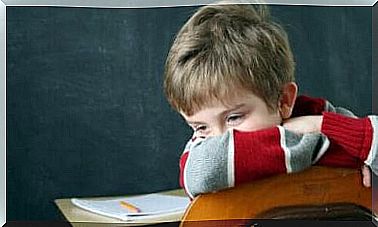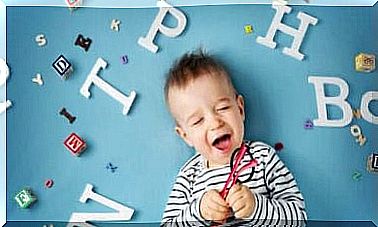7-year-old Crisis

The so-called crisis of a 7-year-old is a developmental stage during which a child begins to form his or her own personality and identity. At this point, major changes take place in his brain that affect the behaviors he adopts.
7-year-old crisis
The human brain develops strongly in childhood and adolescence and reaches its final structure and functional capacity when a person is 25-30 years old. Myelination refers to the process by which the axons of neurons receive a myelin sheath, thereby enhancing the transfer of information between neurons. At the age of seven, myelination progresses toward its decision. At the same time, significant changes are taking place on a physical, mental and social level, and a long and intense journey towards adolescence begins.
At this stage, certain changes in the child’s behavior are also expected. However, there is no cause for concern, as the so-called 7-year-old crisis is a normal developmental stage in a child’s life. A child of this age has a need to explore the world for himself, and his autonomy and independence develops by leaps and bounds. The child also begins to be aware of himself:
- About the real self: This includes the traits by which the child defines himself. It answers the questions “Who am I?” and “What am I like?”.
- About the ideal self: This includes traits that a child would like to have for themselves. It answers the questions “Who would I like to be?” and “What should I be like?”.
The child wants to strengthen his or her own personality and identity to stand out from other people, and this stage of development involves a complex process of internal reflection and exploration. This process, combined with immaturity and lack of impulse control, can lead to rebellious and defiant behavior.

Phase characteristics
The crisis of a 7-year-old can be seen as a stage of personality strengthening, during which a child can perceive behaviors such as those listed below – some children stronger, others weaker.
- Denial or defiance of authorities such as parents and teachers
- Non – compliance
- Dominant attitude
- Sudden changes in mood, for example, from laughter to crying and vice versa
- Determination of others
- Repeated tantrums
- Unpredictable behavior
- Rebellious behavior when things don’t go according to your will
- Negative reaction to all things suggested to him.
How to face a 7-year-old crisis?
In most cases, inappropriate behavior such as that described above will end on its own as the child grows. However, parents can control and shape a child’s negative attitude and behavior by applying a variety of educational and pedagogical guidelines. The key is to prepare for the fact that a 7-year-old’s crisis can be a challenging phase for both parents and the child themselves. In addition, parents can take advantage of the following tips:
- Set home rules that the child must follow. It is important that the meaning of these rules is clearly explained to the child.
- Avoid using disproportionate penalties, as they usually do not help, but on the contrary, they frustrate and anger both you and the child.
- Take advantage of positive reinforcement, ie reinforce a child’s good behavior, for example by praising or hugging him.
- Do not pay attention to child teasing or negative behavior. Instead, wait for him to calm down, and talk to him constructively only at this point. Help him reflect on his own behavior and reaction to the situation.
- Encourage your child to do exercise or sports where he or she gets to discharge his or her energy.
- Spend quality time with your child.









